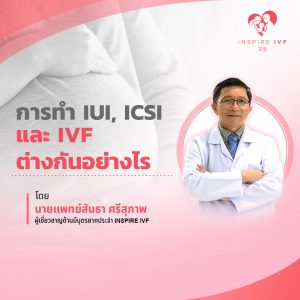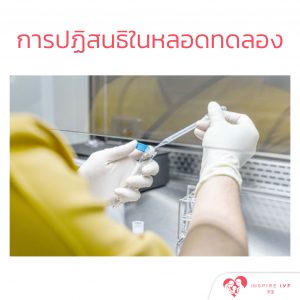The pregnancy rates and healthy of the infant were associated with the quality totransferred embryos. Therefore, in some couples it is found that even though the embryo has a good grade for the intrauterine implantation, so still unable to get pregnant. This may be due to certain genetic disorders that prevent the embryo implanting or growing.
For this reasons doctors recommend screening for embryo chromosome abnormalities (PGT) prior to transfer implant it help to increase your chances of conceive and reduce risk of certain genetic disorders. The embryo chromosome screening is performed in the cell division (Day 3) or blastosis stage (Day 5-6) of the embryo and the chromosome screening in the embryo it must be considered by treat physician of the need and indications for screening.
The procedure for embryo transfer is similar to cervical cancer screening. There are generally no painand do not require anesthesia. The embryo transfer can be done from Day 2 – Day 5 or Day 6.The embryo will be transferred through the embryo transfer cable and using ultrasound to determine where to place the embryo on the uterine wall, both fresh embryo transfer and frozen embryo transfer are similar method and after embryo transfer10 – 14 days or 2 weeks. The doctor will make an appointment for the patient to have blood drawn to see the results of the pregnancy.

Instructions after embryo transfer
- After transferthe embryo should lie on still for at least 10-15
- Refrain from having sex.
- Take medication and insert medication, includes strictly follow the doctor’s instructions.
- Do not lift heavy objects and do not exercise.
- Eat all 5 food groups and get enough sleep.









